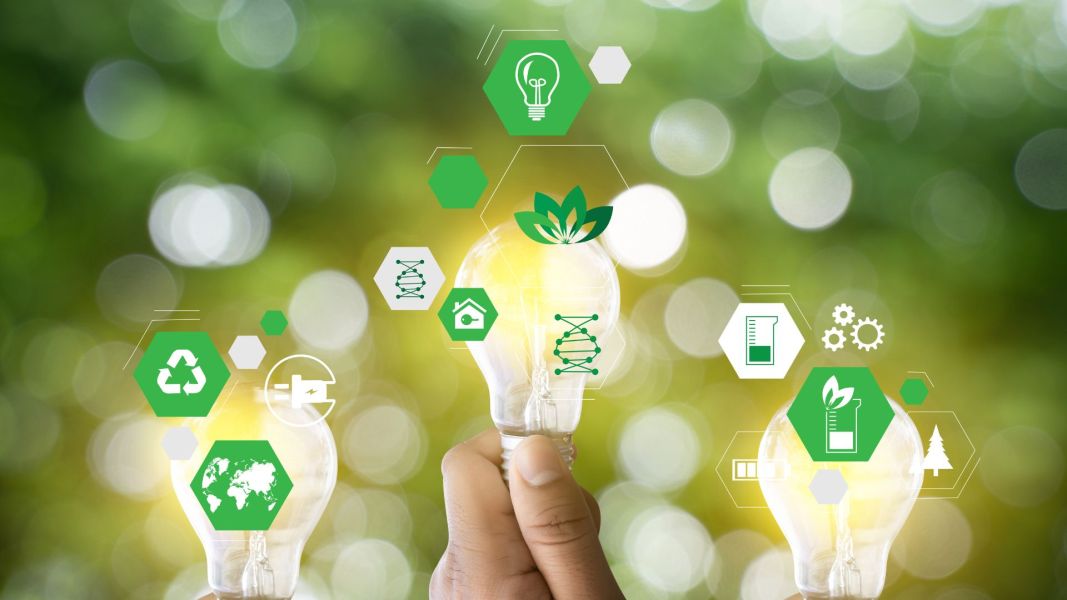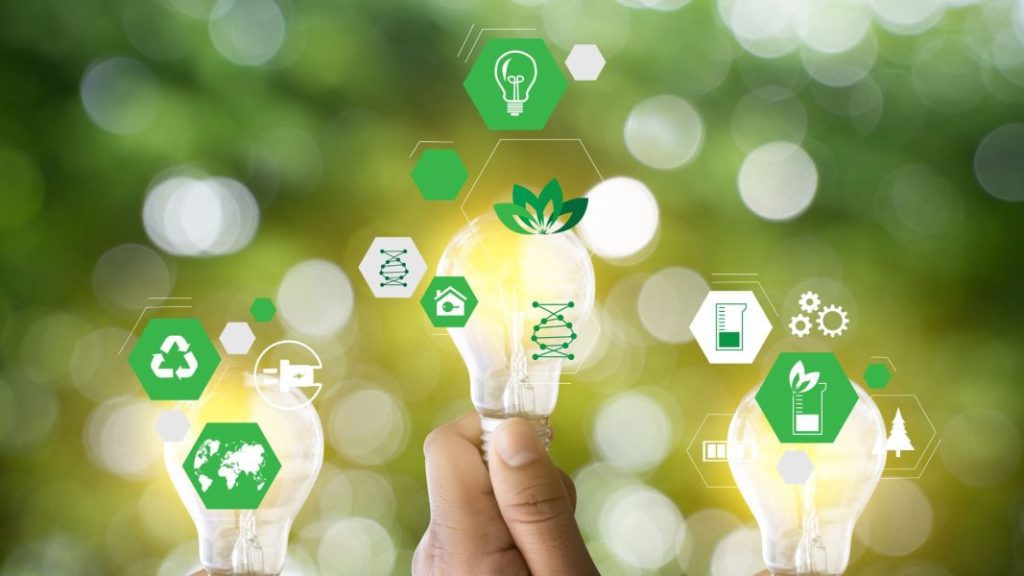In the dynamic landscape of modern business, sustainability and efficiency are paramount. For new businesses, smart energy solutions offer a pathway to not only reduce costs but also to demonstrate a commitment to environmental responsibility. This article explores eight strategies for integrating smart energy solutions into the operations of new businesses, providing actionable insights for startups seeking to thrive in a rapidly evolving market.

Understanding Smart Energy Solutions
Smart energy solutions encompass a diverse array of technologies and strategies geared towards optimizing energy usage. By harnessing advanced tools like automation, data analytics, and renewable energy sources, these solutions bolster efficiency while curbing environmental impact. For emerging businesses, adopting smart energy solutions isn’t merely about immediate cost savings but also about safeguarding operations against escalating energy expenses and regulatory demands in the future. For tailored advice on integrating smart energy solutions into your business model, explore the insights provided by britishbusinessenergy.co.uk. Their expertise can guide businesses in implementing sustainable energy practices that drive both economic and environmental benefits.
Cost-Effective Lighting Solutions
One of the most accessible entry points for new businesses into smart energy solutions is through the adoption of cost-effective lighting solutions. LED lighting, in particular, offers significant energy savings compared to traditional incandescent bulbs. Additionally, implementing automation and smart controls can further optimize energy usage by adjusting lighting levels based on occupancy and natural light conditions.
Energy-Efficient Appliances
Another area where new businesses can realize immediate benefits is in the selection of energy-efficient appliances. From refrigerators to computers, choosing appliances with high energy efficiency ratings can lead to substantial long-term savings on energy bills. Furthermore, energy-efficient appliances often come with additional features and functionalities that can enhance productivity and comfort in the workplace.
Renewable Energy Integration
For new businesses committed to sustainability, integrating renewable energy sources such as solar and wind power presents a compelling opportunity. While the upfront costs of installation may be higher, the long-term benefits in terms of energy savings and environmental impact are significant. Moreover, adopting renewable energy can enhance the brand image of a startup and attract environmentally conscious customers and investors.
Energy Management Systems
Effective energy management is essential for maximizing the benefits of smart energy solutions. Implementing energy management systems allows businesses to monitor and optimize usage in real-time, identify areas of inefficiency and implement corrective measures. By leveraging data analytics and smart meters, new businesses can achieve greater control over their energy consumption and reduce waste. New businesses can evaluate their energy options effectively by using resources like Business Energy Comparison to identify solutions that support both cost efficiency and sustainability.
Workspace Optimization
Designing energy-efficient workspaces is another crucial aspect of implementing smart energy solutions. By maximizing natural light and ventilation, businesses can reduce their reliance on artificial lighting and heating/cooling systems, leading to significant energy savings. Additionally, adopting ergonomic and energy-efficient office furniture can enhance employee comfort and productivity while further reducing energy consumption.
Employee Engagement
Engaging employees in energy-saving practices is essential for the success of smart energy initiatives. By fostering a culture of sustainability and providing education and incentives for energy-saving behaviors, businesses can harness the collective efforts of their workforce to achieve meaningful reductions in energy consumption. Simple measures such as turning off lights and equipment when not in use can translate into substantial savings over time.
Government Incentives and Grants
Governments at various levels often provide incentives and grants to support businesses in adopting smart energy solutions. From tax credits to low-interest loans, these financial incentives can significantly offset the upfront costs of implementing energy-saving measures. New businesses should explore the available options and take advantage of these programs to accelerate their transition to a sustainable energy future.
Smart energy solutions offer new businesses a powerful toolkit for enhancing efficiency, reducing costs, and demonstrating environmental stewardship. By embracing strategies such as cost-effective lighting solutions, renewable energy integration, and employee engagement, startups can position themselves for long-term success in a competitive market while contributing to a more sustainable future for all.

Founder Dinis Guarda
IntelligentHQ Your New Business Network.
IntelligentHQ is a Business network and an expert source for finance, capital markets and intelligence for thousands of global business professionals, startups, and companies.
We exist at the point of intersection between technology, social media, finance and innovation.
IntelligentHQ leverages innovation and scale of social digital technology, analytics, news, and distribution to create an unparalleled, full digital medium and social business networks spectrum.
IntelligentHQ is working hard, to become a trusted, and indispensable source of business news and analytics, within financial services and its associated supply chains and ecosystems










